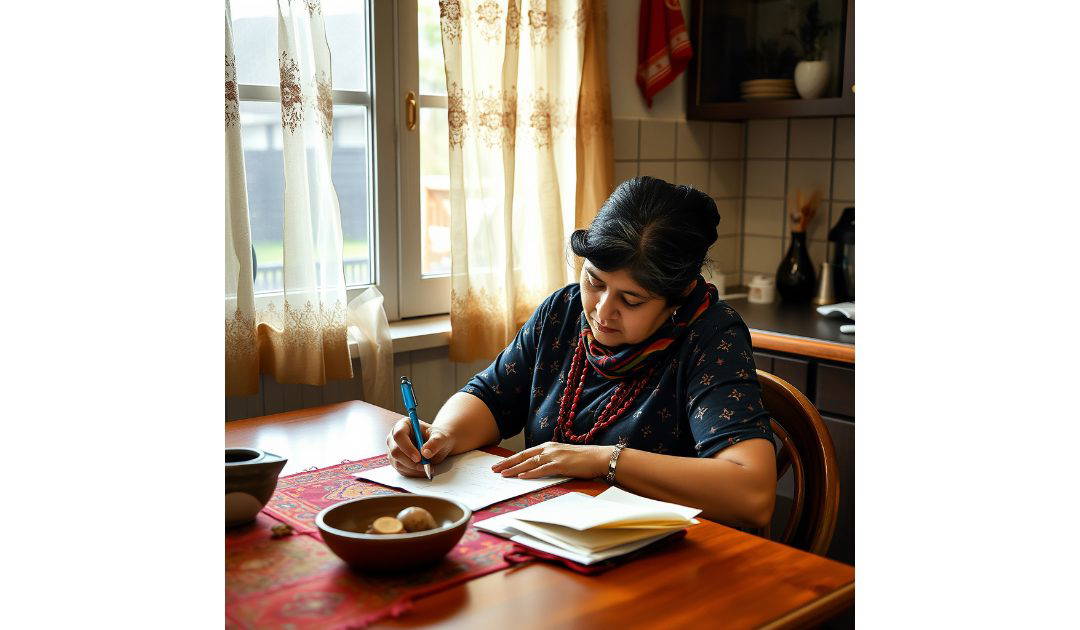Although most of my posts are inspired by historical events of this day, as a writer I’m also interested in all things writing, especially writing inspiration. Today I can address both, since the On This Day website tells me that on the 8th of January 1981 Isabel Allende was writing a letter to her dying grandfather and was inspired to write her first novel, The House of the Spirits, published in 1982.
Isabel Allende is a renowned Chilean-American author, celebrated for her captivating storytelling and rich, multi-generational narratives that often blend elements of magical realism with historical and political themes. Born on August 2, 1942, in Lima, Peru, Allende was raised in a family that valued literature and storytelling. Her early life was marked by the tumultuous political landscape of Latin America, particularly during her childhood in Chile, clearly an inspiration for her writing.
The House of the Spirits is a sweeping saga that spans several decades, tracing the lives of the Trueba family against the backdrop of Chile’s political upheaval and social changes.
At the heart of The House of the Spirits is the story of Esteban Trueba, a wealthy and authoritarian landowner, and his wife, Clara del Valle, a clairvoyant. The narrative is interwoven with the lives of their children and grandchildren, particularly Alba, who becomes a symbol of hope and resilience in the face of adversity. Allende’s use of magical realism allows her to explore the characters’ inner lives and the socio-political context in which they exist, creating a rich tapestry of emotions, struggles, and triumphs.
Clara’s character serves as a bridge between the mundane and the mystical, embodying the novel’s exploration of the intersection between reality and the supernatural. Esteban, on the other hand, represents the oppressive forces of patriarchy and capitalism, often resorting to violence and domination to maintain his power. Their tumultuous relationship reflects the broader societal conflicts in Chile, particularly during the rise of socialism and the subsequent military coup.
As the narrative unfolds, Allende delves into themes of love, power, class struggle, and the impact of history on personal lives. The characters grapple with their identities and the legacies of their ancestors, illustrating how the past shapes the present. The novel also addresses issues of gender and the role of women in society, with Clara and Alba emerging as strong, complex figures who challenge traditional gender norms.
One of the most striking aspects of The House of the Spirits is its exploration of memory and storytelling. Allende emphasizes the importance of remembering the past, both personal and collective, as a means of understanding the present and shaping the future. The narrative is framed by the act of storytelling itself, with Clara’s diary serving as a crucial link between generations.
Allende’s prose is lyrical and evocative, blending humor, tragedy, and poignant observations about human nature. Her ability to create vivid, relatable characters allows readers to become deeply invested in their journeys, making the novel not only a tale of political and social change but also a deeply personal exploration of love, loss, and resilience. She has certainly been an inspiration for me.

